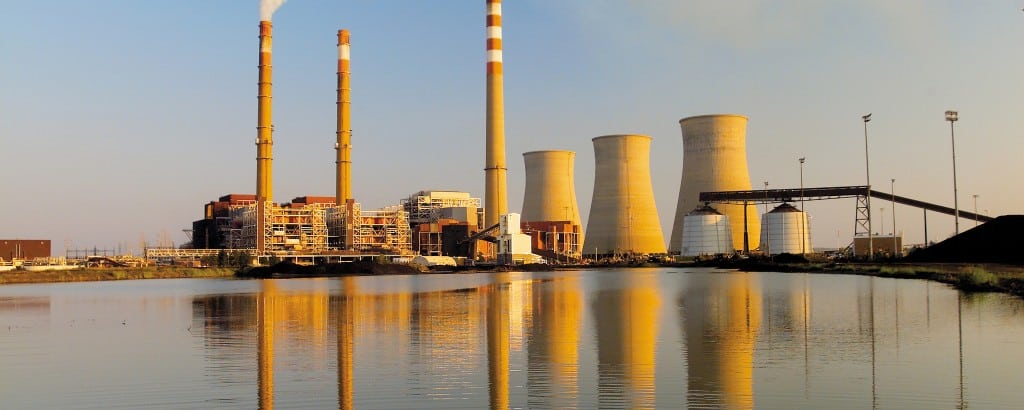Want to start an interesting conversation? Ask two questions. First, ask what product the “power company” sells. Predictably, most will say the power company sells electricity. Second, ask how many businesses pay customers to not buy their products. I’m guessing you won’t get many answers.
Since you are a member of an electric cooperative, you will have the pleasure of telling everyone that the power company does not sell electricity. It may sound strange, but the fact of the matter is that your co-op most likely produces no electricity whatsoever. Instead, its job is to deliver electricity somebody else generated to your home, barn or office over a network of poles, wires and transformers you see along the side of the roads.
When you pay your monthly bill, about 80 cents of every dollar goes to pay for that energy someone else generated. The other 20 cents pays for the costs to deliver that energy to you. This is not unlike a lot of other businesses.
Imagine you own a shoe store. You might pay Nike or New Balance $60 for a pair of shoes and then mark it up to $100 for retail sale. The $40 difference is how you pay your employees and the rent at the store, run ads in the local newspaper and sponsor the local Little League team. Hopefully, there might be a dollar or two left when all is said and done.
What is different between the shoe store and your co-op, however, is that shoes can sit on a shelf. Electricity cannot. Human beings have yet to figure out how to store electricity in any meaningful quantity. So regardless of how or where the electricity that powers your air conditioner or bedside lamp is generated — at a nuclear power plant in southeast Tennessee or from a giant wind farm on the plains of Kansas — it must be delivered instantaneously to you over that network of poles and wires. Even the slightest interruption can cause the whole process to fail. Frankly, it is amazing that it works at all.
So what are you really paying for each month with that 20 cents out of every dollar? You are paying for access to electricity. You are paying for the luxury of having power on demand. And that luxury requires lots of time, effort and expense by real people in your community. This is what your co-op does each and every day.
Just a few weeks ago, I got a letter in the mail from a reader accusing me of only being interested in selling you more fossil fuel-generated power, among some other pretty nasty statements that can’t be printed here. The writer was wrong. As an energy industry professional, I know that renewable sources of energy — solar power in particular — are a very important part of our country’s clean energy future. But what I also know is that the sun doesn’t shine all day, and you need your oven to cook dinner regardless of the cloud cover. I also know that the vast majority of us do not have the ability to take on the task of producing our own energy. So, the hard work for which you depend on us is to put all of the sources of energy to work and deliver it to you without even a second of downtime.
No, your co-op doesn’t sell electricity. It provides the power the world depends on. It is a tough job — and a really important one. In my next column, I look forward to giving you the answer to the second question I posed in the first paragraph. It may surprise you why it is often a good thing for “the power company” when you buy less electricity and how electric cooperatives are leading the way to make solar power available to more Americans.



